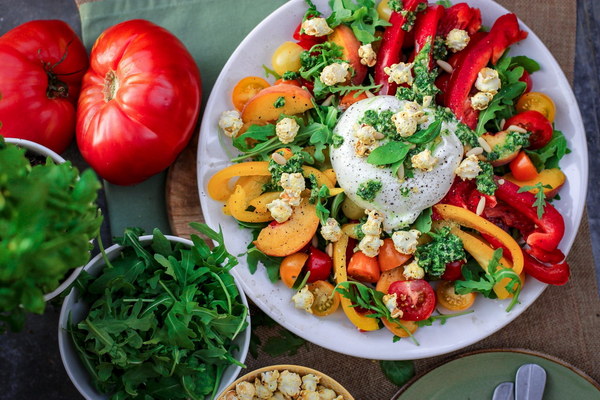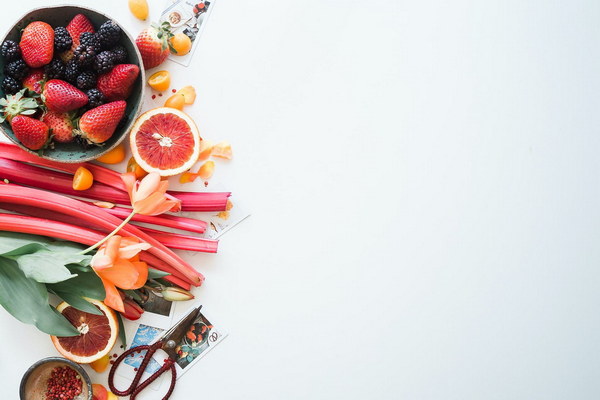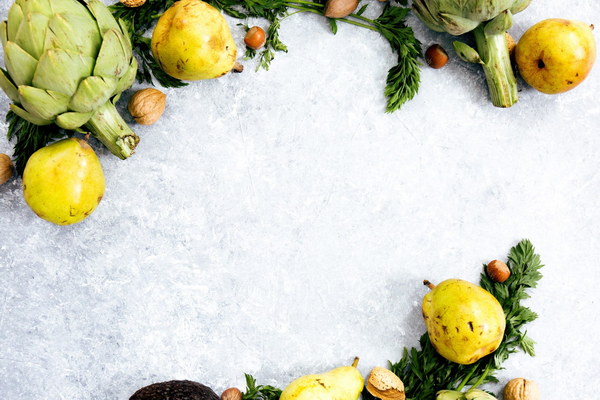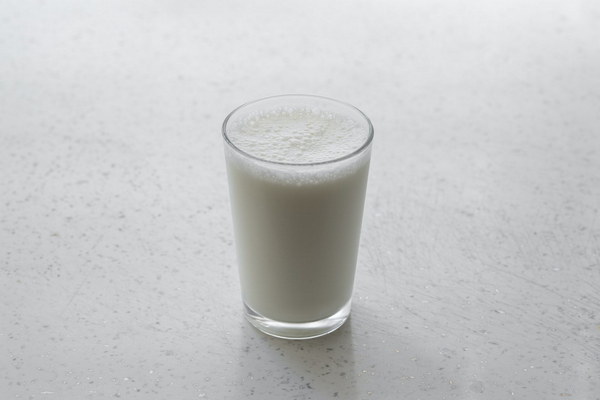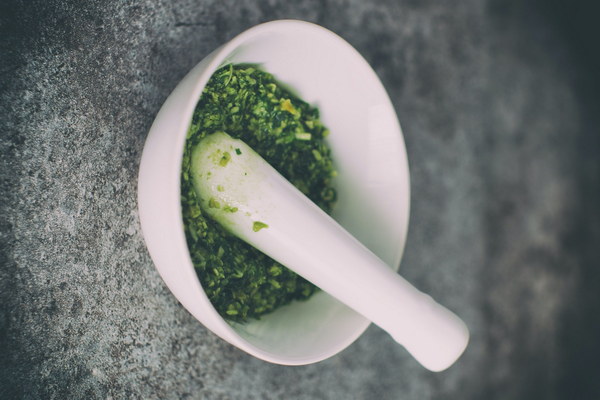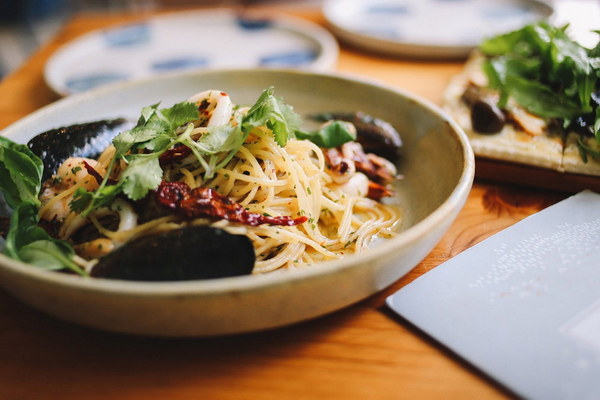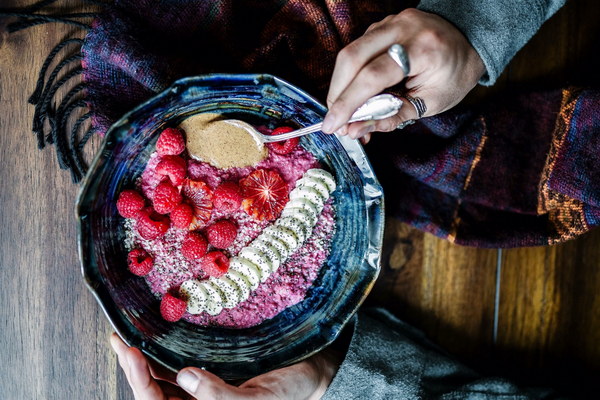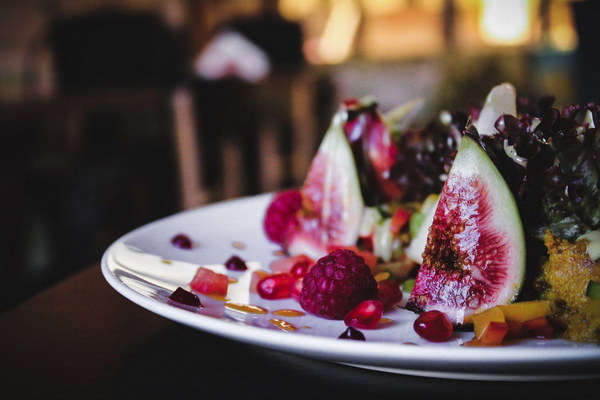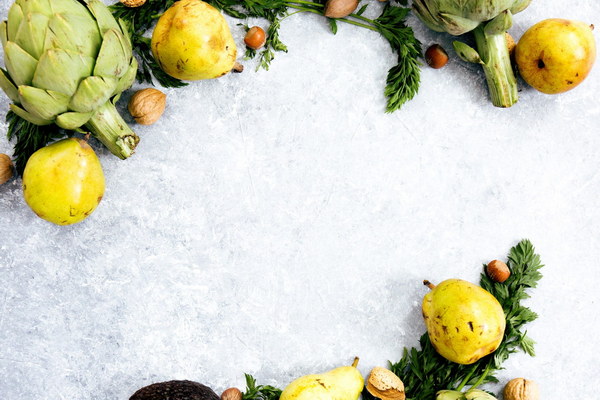Natural Remedies for Dampness How to Use Food as Medicine for Moisture Excess
Introduction:
Dampness, also known as dampness syndrome in traditional Chinese medicine, refers to the accumulation of dampness in the body, which can lead to various health issues. It is characterized by symptoms such as fatigue, weight gain, joint pain, and digestion problems. While medication can help alleviate dampness, certain foods can also be beneficial in treating and preventing dampness. In this article, we will explore how to use food as medicine for moisture excess and provide you with a list of foods that can help combat dampness.
1. Foods that promote drainage:
Drainage is crucial in removing excess dampness from the body. Incorporate the following foods into your diet to help promote drainage:
a. Garlic: Garlic is a powerful natural antibiotic that can help eliminate dampness. It can be added to soups, stir-fries, and salads.
b. Onions: Similar to garlic, onions are great for removing dampness. They can be used in various recipes, such as sandwiches, pizzas, and stews.
c. Ginger: Ginger is an excellent herb for promoting drainage. It can be consumed as a tea, added to dishes, or taken in capsule form.
2. Foods that aid in digestion:
Digestive problems are often associated with dampness. To improve digestion and eliminate dampness, include the following foods in your diet:
a. Green vegetables: Leafy greens like kale, spinach, and Swiss chard contain fiber and chlorophyll, which help to detoxify and cleanse the body. They can be enjoyed in salads, smoothies, or cooked.
b. Papaya: Papaya contains an enzyme called papain, which aids in digestion. Incorporate papaya into your diet by adding it to fruit salads, smoothies, or even as a dessert.
c. Fennel seeds: Fennel seeds have carminative properties that can help ease digestion. You can chew on a few seeds after meals or add them to your tea.
3. Foods that help to strengthen the spleen and kidneys:
The spleen and kidneys play a vital role in regulating moisture balance in the body. These foods can help strengthen these organs:
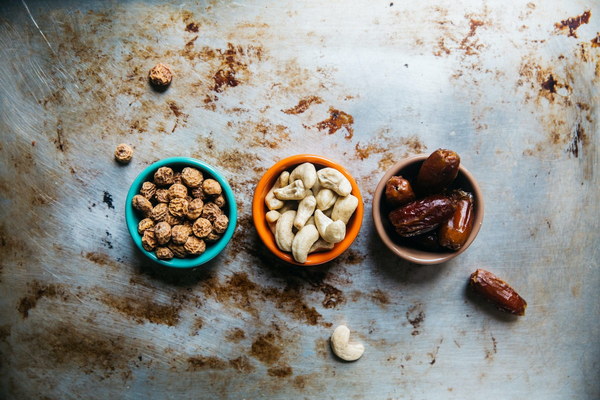
a. Brown rice: Brown rice is a whole grain that is easy to digest and can help support the spleen and kidneys. Incorporate brown rice into your meals, such as salads, stir-fries, or soups.
b. Quinoa: Quinoa is another excellent whole grain that is rich in nutrients and can help strengthen the spleen and kidneys. It can be used as a substitute for rice or mixed with vegetables and legumes.
c. Black beans: Black beans are a great source of protein and fiber, and they can help support the spleen and kidneys. Add black beans to soups, stews, or salads.
4. Foods to avoid:
Certain foods can exacerbate dampness. It's best to avoid or limit the following:
a. Dairy products: Dairy can be difficult to digest and can contribute to dampness. Replace dairy with plant-based alternatives such as almond milk or oat milk.
b. Refined sugars: Refined sugars can lead to inflammation and dampness. Opt for natural sweeteners like honey or maple syrup in moderation.
c. Cold, damp foods: Cold, raw, and damp foods can further increase dampness. Avoid consuming cold foods such as ice cream, cold soups, and raw vegetables.
Conclusion:
By incorporating the right foods into your diet, you can effectively combat dampness and promote a healthier body. Remember to focus on drainage, digestion, and spleen and kidney support, while avoiding foods that can exacerbate dampness. Consult with a healthcare professional or a nutritionist for personalized advice and to create a balanced diet tailored to your specific needs.
